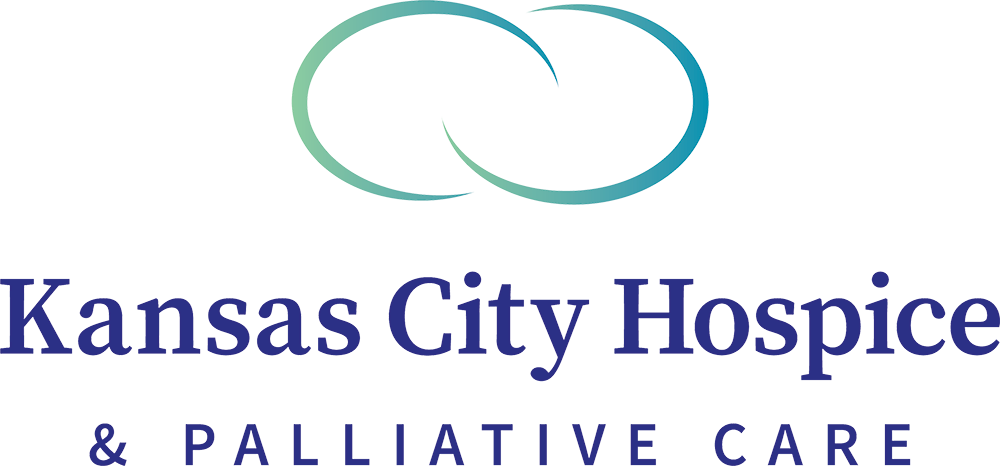Healing through expression
Some people talk or tell stories to cope during the end of their life, or to deal with their grief. Some find relief from tears. Others need creative outlets to express themselves. Kansas City Hospice provides Expressive Therapies to patients and their families. We know the importance of offering a variety of meaningful ways to express grief and navigate the changes that come with serious illness and at the end of life. Often grief demands expression, even if you don’t feel like talking about it. We will encourage you to express your emotions in ways that are right for you.
Art Therapy
Art therapy is a supportive service provided to people and families currently receiving care or as part of a grief support program. It is a therapy that promotes well-being for all ages through personal, one-on-one interaction with a trained therapist and art materials. Among other benefits, research and studies reveal art therapies positive impact on:
- Coping with life changes and transitions
- Personal growth and insight
- Stress reduction and pain management
- Decision making/clarity
- Expression of feelings
- Communication with self and others
During a session, you will explore yourself and your experiences through the creative process. There is no need to have developed art abilities since art therapy is geared towards discovery and expression. Visits are designed for each person’s needs and goals, making use of a variety of art materials. People of any age may benefit from this therapy. You can learn more at arttherapy.org.
Music Therapy
Although it can be quite fun, music therapy isn’t entertainment. It is the clinical use of music by trained professionals to target specific therapeutic goals.
Music therapy can help people to:
- Express emotions
- Manage pain and anxiety
- Reminisce
- Improve quality of life
- Feel less isolated
- Connect with loved ones
Visits from a music therapist may include listening to live music you like, reminiscing, writing a song, playing instruments or learning music-assisted relaxation skills. You don’t need to have any previous musical experience or ability in order to benefit from music. Family members are also encouraged to participate in music sessions.
It is available for people and families currently receiving care or as part of a grief support program. A social worker or nurse can make a referral, and then a board-certified music therapist or music therapy intern will contact you to schedule an initial visit. Due to therapist schedules, there may be a wait list for services. For more information about music therapy, see musictherapy.org.
Learn More
Learn why we’re The Best in Care
Call 816.604.9936 or Click Here to learn more
